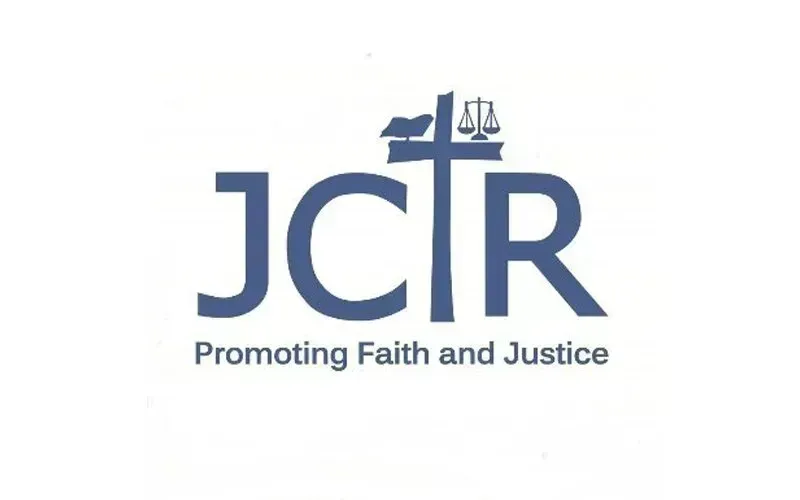Lusaka, 19 July, 2023 / 3:22 pm (ACI Africa).
Officials of the Jesuit Centre for Theological Reflection (JCTR) have said that the debt relief deal that Zambia has reportedly reached with her creditors provides an opportunity for the government of the Southern African nation to reduce the country’s cost of living.
On June 22, the International Monetary Fund (IMF) announced that Zambia had reached a deal with its official creditors committee under the G20 Common Framework for debt relief.
Under the terms of the agreement, Zambia’s US$6.3 billion debt owed to foreign nations will be rescheduled over more than 20 years with a three-year grace period during which only interest payments are due, according to a June 22 media report.
“It remains important to emphasize that the government must ensure that every Zambian, particularly low-income households, benefit from this window of opportunity to reduce the cost of living in the country,” JCTR officials say in a statement shared with ACI Africa Wednesday, July 19.
Officials of the Jesuit Lusaka-based research institute add, “It is imperative that the government remains steadfast in ensuring prudent utilization of resources during this period in order to improve the cost of living and to address inequalities in the country.”








